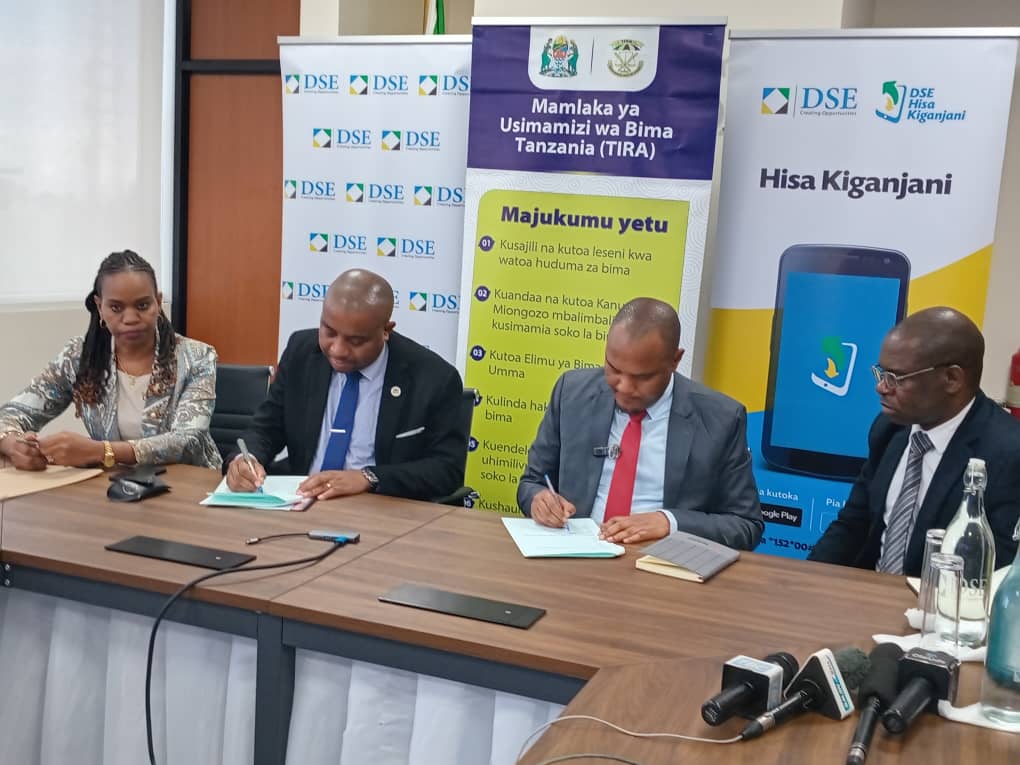Arusha. The Bank of Tanzania (BoT) has clarified the implementation of the 2025 Foreign Currency Usage Regulations, confirming that tourists and other non-residents are permitted to pay for goods and services using foreign currencies.
Speaking during a panel discussion at the Karibu-Kilifair exhibition in Arusha on June 8, 2025, BoT’s director of Financial Markets, Mr Emmanuel Akaro, said the move is aimed at enhancing the ease of doing business and facilitating seamless transactions within the tourism sector.
“Tour operators who are residents are allowed to use foreign currencies to pay for various services offered to foreign tourists,” said Mr Akaro.
He underscored that all payments between residents must strictly be made in Tanzanian Shillings, stressing that it is an offence for any service provider to reject payments made in the local currency.
Mr Akaro further noted that the regulations, which came into effect on March 28, 2025, are derived from Section 26 of the Bank of Tanzania Act, 2006.
“Since the implementation of the regulations, we have observed positive outcomes, including increased liquidity in foreign exchange. For instance, daily retail market transactions in US dollars have risen from an average of $40 million to $69 million,” he explained.
He added that the increase in foreign exchange liquidity has significantly strengthened the Tanzanian Shilling against the US dollar, with projections indicating continued improvement.
“This trend is driven by the onset of the high season for foreign exchange inflows, particularly from sectors such as tourism, agriculture, and exports, which traditionally generate substantial foreign currency during this period,” he said.
The central bank continues to roll out public awareness campaigns on the new regulations to ensure full compliance and to support the broader national economic agenda, particularly in boosting key commercial sectors such as tourism.







